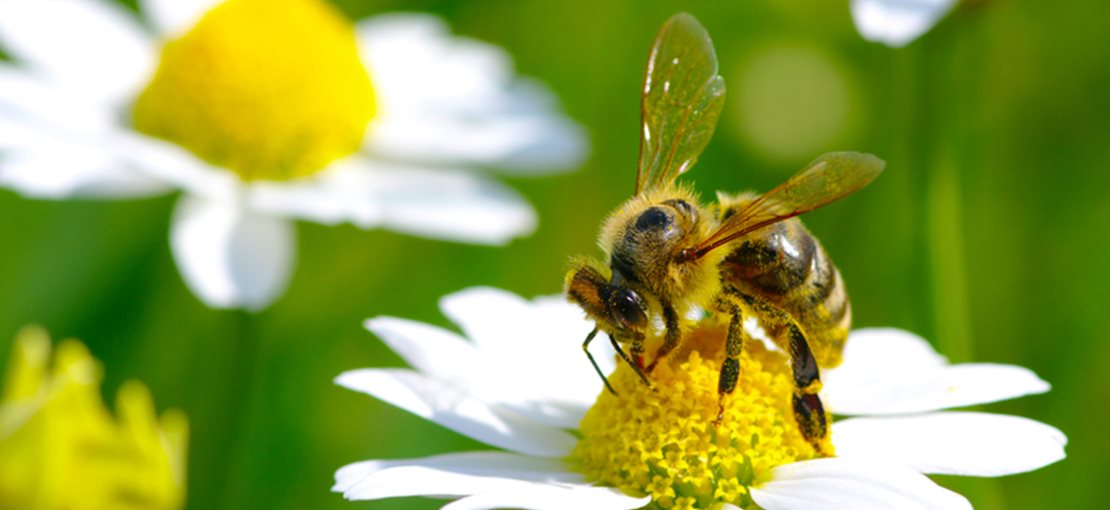The start of summer means kids are hitting the pool, playing outdoors and eating ice cream in the backyard. You may also notice an influx of pesky summer bugs like mosquitoes, bees and ants. In New Jersey, experts are particularly concerned with ticks.
The New Jersey Department of Health reports that Lyme disease has increased more than 200 percent since 1988. There also was a recent outbreak of Babesiosis, a potentially-deadly disease in children and the elderly caused by deer ticks. And New Jersey is remaining on high alert for Powassan disease, a tick-borne illness that is also deadly. There was one confirmed case in 2013 and 2014, but experts are concerned that it might rise in the New Jersey area because of the high deer tick presence.
Here are some common pests in the New Jersey area that you should take extra measures to protect your kids from:
- Wasps and bees: The stings are painful, cause swelling and redness and can potentially cause life-threatening allergic reactions.
- Ants: Ants are a common problem across the nation and New Jersey is no exception. These pesky bugs can contaminate food and carry diseases.
- Spiders: The majority of spiders are harmless, but the brown recluse and black widow are two that are harmful to children and the elderly.
- Mosquitoes: These summer bugs can carry West Nile Virus, Yellow Fever and other potentially harmful illnesses.
Take these precautions so that your kids can enjoy the summer:
Apply appropriate insect repellent
You should avoid spraying your kids with perfume or hair spray and also limit use of scented soaps because these items carry chemicals that are attractive for bugs. Instead, use an insect repellent to prevent tick and mosquito bites.
Contact a professional in cases of infestations
If you find an infestation of bees or wasps in or around your home, don't take the matter into your own hands to avoid injury. Instead contact a professional company like Western Pest Services to help you. They are equipped with the right knowledge and safe chemicals to combat infestations. By surveying the situation, they can devise a plan that is right for you and your family.
Keep children away from commonly-infested areas
Bugs like to congregate in stagnant water, where flowers bloom and near uncovered foods. Ticks are found in high grass and leaf litter. Educate your children on these areas to avoid during the summer.
Check your children after they play outside
A good way to remain vigilant for bug bites is to inspect your children immediately after they come inside from playing outdoors. Check clothing and their bodies for ticks. Encourage them to take a shower as soon as possible. If you have pets, also check your animals for ticks. Wash your children's clothes as an extra precaution because ticks and bugs can stick to clothing.
Remain vigilant for allergic reactions
If your child complains about a red spot or itching, do not ignore it. Monitor the bite and determine if any kind of allergic reaction forms and if you are concerned it might be something potentially serious, call your doctor or visit your local hospital.
Be aware of flu-like symptoms in your children
Viruses like West Nile mimic the flu, so if your child is complaining about muscle aches, fatigue and flu-like symptoms, take him or her to the doctor.






Add A Comment
Thank you for your comment.
Sorry! There was a problem with your comment submission. Please try again.
Comment
Allowed HTML: <b>, <i>, <u>, <a>
Comments
Thank you for your comment.
Sorry! There was a problem with your comment submission. Please try again.
Thank you for your comment.
Sorry! There was a problem with your comment submission. Please try again.